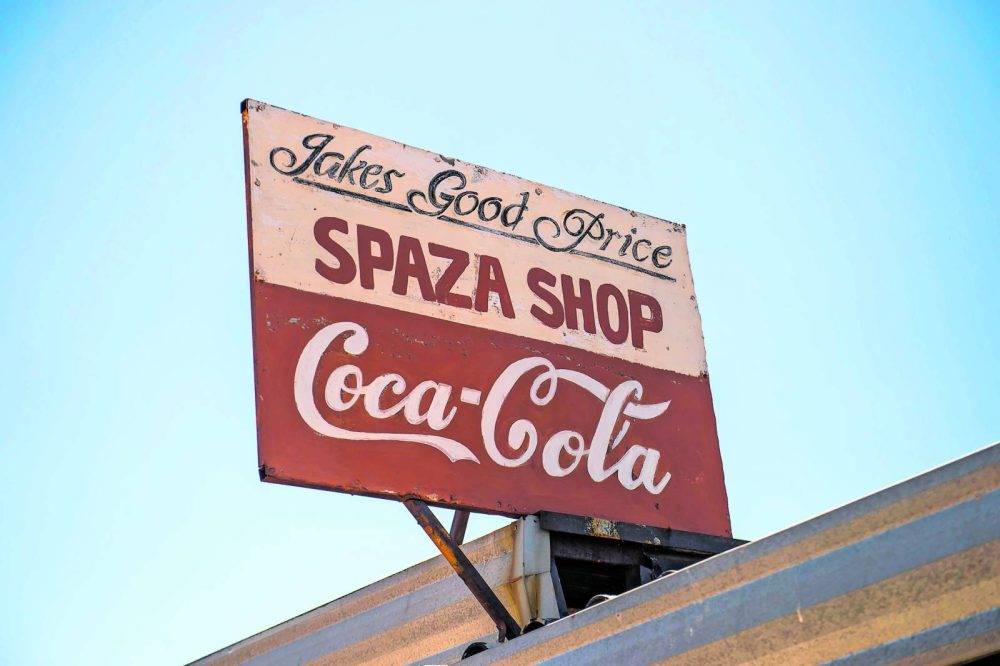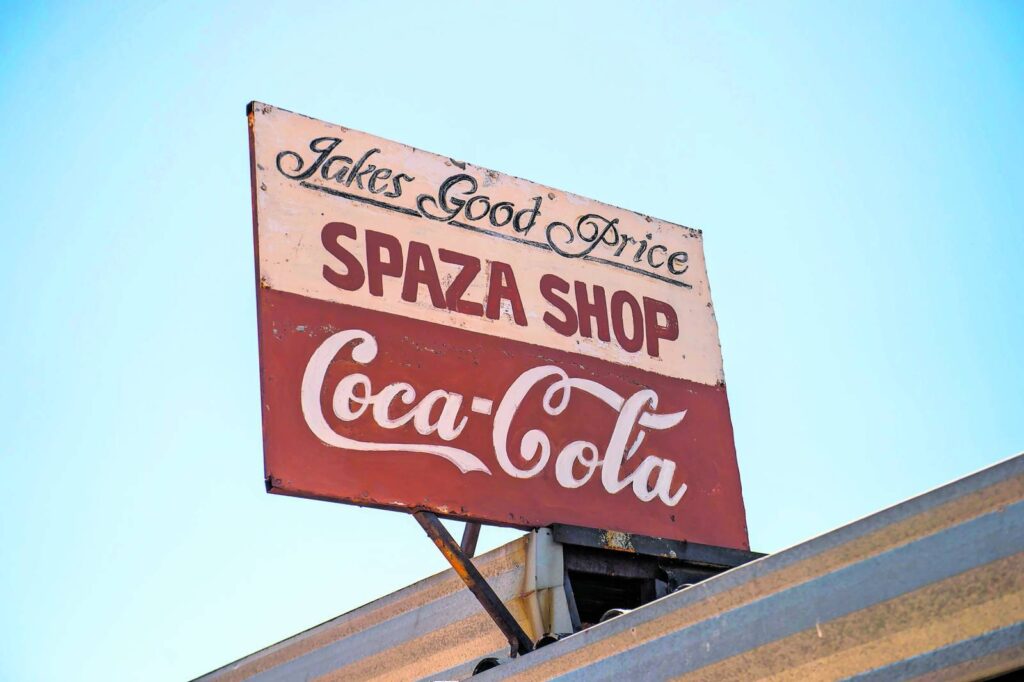
file photo
Operation Dudura plans to take legal action against the government, accusing it of failing to properly handle incidents of food contamination allegedly linked to foreign-owned spaza shops.
The group said it intended to file a lawsuit with the High Court by December.
Operation Dudula's national organizer Davis Magorego said his organization was “frustrated” by the government's handling of food contamination incidents, particularly in foreign-owned shops.
Mr Magorego said foreign-owned businesses should only be allowed to operate if they invested R5 million into the economy.
He said this was due to the Immigration Act No. 13 of 2002, which applies to anyone seeking to invest in the South African economy by setting up a business or investing in an existing business in the country and must apply for a business visa. He said it must be done. .
But Sharon Ekambaram, manager of Refugee and Migrant Rights Program at Lawyers for Human Rights, said asylum seekers and refugees have the right to work, including in spaza shops, according to the Home Office.
He said foreigners would need an asylum or refugee permit, or a passport or business visa, to register a business in South Africa, including a spaza shop.
“All of this is accepted during the documentation process. There is a fee, but it is charged to the person registering the business.”
On 15 November, President Cyril Ramaphosa announced interventions in response to the rising number of food contamination cases in the country (890 since early September).
Thembi Simelane, Minister of Justice and Constitutional Development, said on November 21 that the problem of food poisoning is a nationwide disaster, and that “immediate steps must be taken to standardize local government ordinances regulating businesses to crack down on this problem.'' “I will take this course,'' he declared.
The main intervention introduced by Mr Ramaphosa was the immediate closure of a spaza shop involved in an attack in Naledi, Soweto province, that killed six children in October.
He confirmed that the National Institute of Infectious Diseases had established that their deaths were caused by the organophosphate terbufos. He added that based on samples taken from 84 spaza shops in Naledi district, three shops had traces of Terbufos.
The Gauteng Education Department confirmed last week that two children had died from suspected food poisoning.
One, a Grade R student at Dumezweni Primary School in Diepkloof, Soweto, died on November 20 “of suspected food poisoning.”
The other, an 8-year-old second-grader at Tabisil Elementary School in Dipkloof, died on November 22nd.
“According to information available to us, the learner fell ill on Wednesday, November 20, 2024, after reportedly ingesting biscuits from a local spaza shop,” the agency said. .
Prime Minister Ramaphosa also said that all spaza shops and other establishments that sell food must register with local authorities within 21 days or they will be closed, while all spaza shops, tuck shops and other non-food establishments must register with local authorities within 21 days. It was announced that door-to-door inspections of official traders would be carried out. I accepted.
He said the problem was not limited to spaza restaurants run by foreigners.
Magorego said the government should inspect all spaza stores, but not just the stores involved, it should close them all and investigate where the contaminated products were purchased. .
“They are not decisively addressing this issue. They are massaging this issue. We cannot say that only the spaza shops that were selling expired products and food that is toxic to children will be closed. What about others?
“Because if you look at this, we are losing children in Limpopo, we are losing children in the Free State, we are losing children in Gauteng and we continue to lose children across these nine provinces. , which means these people are selling the wrong things to our children, as well as to us, because we are dying from this fake, contaminated, and toxic food. Because it’s not just the kids, there are other kids.”
Mr Ekambaram said the government should have increased the number of environmental health inspections across the food industry after listeriosis outbreaks in 2017 and 2019. The outbreak, caused by contaminated processed meat produced at a single facility owned by Enterprise Foods, killed 216 people.
“Many people report food poisoning after eating in restaurants. However, in the informal economy, the state should have provisions in place to help working-class communities adhere to health standards. be.”
He said given that many people depend on the informal economy for their livelihoods, governments must ensure that working conditions are safe and lives are not put at risk.
Lebogang Maile, Gauteng's MEC for economic development and finance, said despite capacity issues, re-registration of spaza shops was underway in 11 municipalities in the province.
“There will never be enough capacity, but we are addressing it in all municipalities,” he said, adding that the ministry would update the public on the progress of re-registration ahead of the Dec. 13 deadline. It added that it would be provided.
He said if companies did not register by then, the president would issue a directive, which would prevent South Africans from obtaining licenses illegally, for example by registering companies for foreigners or selling licenses illegally. He added that those who do so will “face the consequences”.
“We have outlined the process and requirements and the central government has discussed all the ordinances. The laws must be enforced.”
He added that Operation Dudura has the right to take the government to court.

